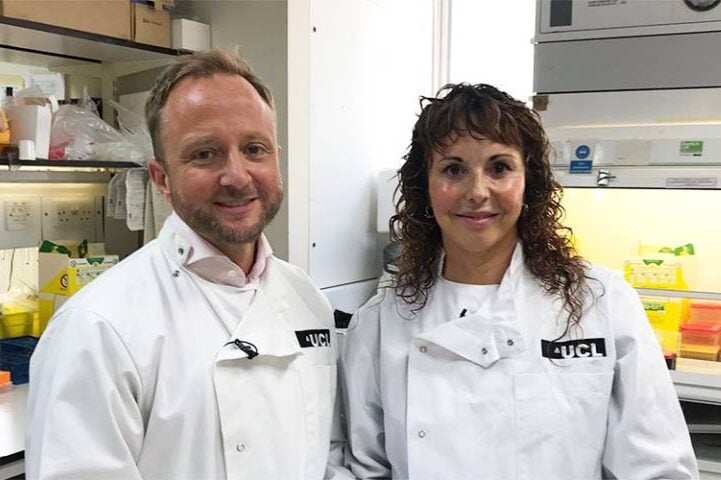Imagine a therapy that doesn’t just manage symptoms, but actually slows the march of time in a disease like Huntington’s. That’s what researchers now report after 36 months of data on a new gene therapy called AMT-130. The results bring hope to families, caregivers, and clinicians alike.
What the Study Found
- The trial enrolled 29 participants, some receiving a high dose of AMT-130, tracked over three years.
- Compared with a matched external cohort, those treated showed 75% less disease progression on a composite score of motor, cognitive, and functional measures.
- Benefits were also seen in daily living skills and other motor and cognitive scales.
- Levels of neurofilament light protein (NfL) — a marker of neuronal injury — were lower in treated participants, suggesting reduced ongoing brain damage.
- The therapy was well tolerated with a manageable safety profile.
How the Therapy Works (Plain Terms)
AMT-130 is a one-time gene therapy delivered via a harmless viral vector directly into a brain region called the striatum. Inside neurons, the therapy produces RNA designed to bind to the cell’s mutant huntingtin mRNA and trigger its degradation — reducing production of the harmful protein. Because this change is built into the neuron’s DNA, a single treatment is expected to last a lifetime.
Why This Matters
- Disease-modifying, not just symptomatic: This is among the first strong indications that a treatment might actually alter the course of a neurodegenerative disease.
- Preserving quality of life: If the findings hold, AMT-130 could help people maintain independence and daily function for longer.
- Proof of concept for other disorders: Success here may pave the way for gene therapies in Alzheimer’s, Parkinson’s, and other conditions.
- Challenges ahead: Regulatory review, manufacturing scale-up, cost, access, and long-term safety will all need to be addressed.
What to Watch Next
- Researchers plan to seek accelerated approval in the U.S., with applications in the UK and Europe to follow.
- Full data will be presented at the Huntington’s Disease Clinical Research Congress.
- Long-term follow-up will be essential to confirm durability and ongoing safety.
- Access and affordability will become urgent questions if approval is granted.
Takeaway for Caregivers & Families
This landmark study suggests we may be on the cusp of treatments that don’t just ease symptoms, but actually slow the course of Huntington’s disease. It is not a cure, but the difference between “progressing as expected” and “progressing far slower” could be life-changing. Families should stay informed, speak with neurologists about emerging trials, and support advocacy for fair access to advanced therapies.











